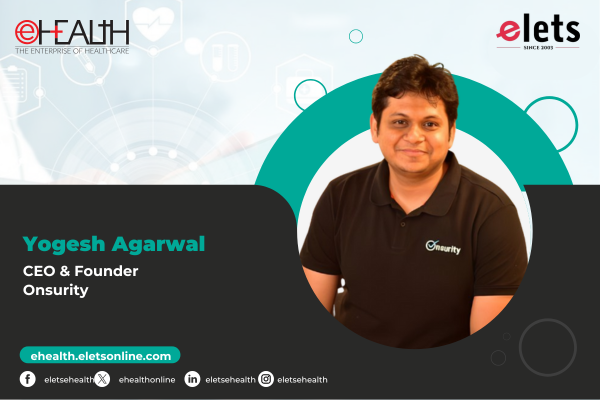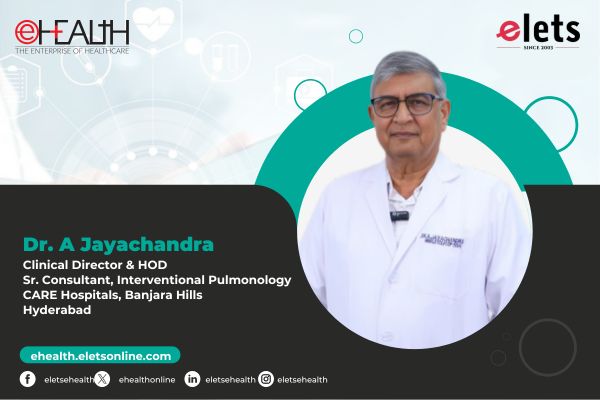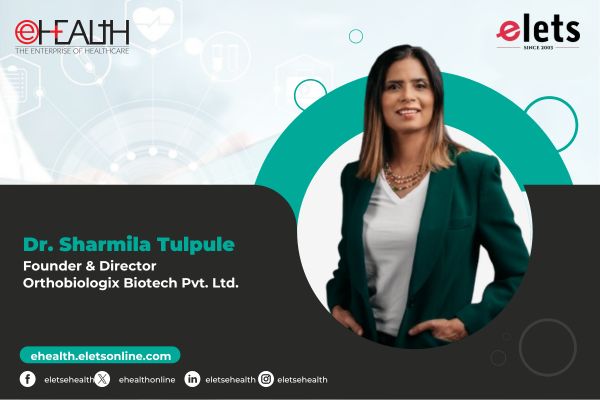
Menstrual health is finally getting the attention it deserves. For many years, periods were treated as a private matter or even something to be ashamed of. But things are changing. Today, doctors, educators, and health experts are speaking up about why menstrual health is an important part of overall health and how new technologies are helping women manage it better.
As a gynaecologist, I’ve seen how menstrual problems like painful periods, irregular cycles, heavy bleeding, PCOS (Polycystic Ovary Syndrome), and endometriosis affect many women and young girls. Some of these conditions go unnoticed for years because people don’t talk about them, or they don’t have access to the right care.

Thankfully, technology is helping to close these gaps. It’s making menstrual care smarter, faster, and more accessible, especially for women and girls who live in rural areas or don’t feel comfortable visiting a doctor in person.

How Technology is Helping Menstrual Health
- Smarter Diagnosis with AI
Artificial Intelligence (AI) is being used in healthcare to help doctors understand health problems faster and more accurately. In menstrual health, AI tools can study a woman’s symptoms, test results, and cycle history to detect issues like PCOS or hormone imbalances early on.

This helps doctors create better treatment plans based on each person’s unique health needs. Instead of just treating the symptoms, we can now look at the bigger picture and offer more personalised care.

- Online Consultations for Privacy and Comfort
Many women hesitate to visit a gynaecologist due to embarrassment, distance, or time constraints. Telemedicine or online video consultations have changed that. Today, women can speak to a doctor from the privacy of their home.
This is especially useful for teenage girls or women in smaller towns who may find it difficult to reach a hospital. Online consultations allow them to ask questions freely and get timely advice for their period-related concerns.
- Period Tracking Apps and Wearable Devices
There are many mobile apps today that help women track their periods, moods, symptoms, and fertility. These apps make it easier to understand their own bodies and notice if something feels off.
Some advanced apps and wearable devices even remind users when to take their medicine, drink water, or look out for certain symptoms. This kind of tracking is also helpful for doctors during follow-up visits, as it provides detailed health information over time.
- Better Sanitary Solutions and Disposal Systems
Technology is also improving menstrual hygiene. Smart vending machines are now installed in schools, colleges, and public places to provide sanitary pads whenever needed. These machines are easy to use and automatically restocked.
At the same time, sanitary waste disposal is being handled better. Automated incinerators are being used to keep bathrooms clean and reduce health risks caused by poor waste management.
Advanced Surgical Care in Gynaecology
Technology has transformed gynaecological surgeries, making them safer, faster, and less painful. Robotic-assisted surgeries are among the biggest breakthroughs. Surgeons use robotic arms for highly precise procedures through tiny cuts, helping treat conditions like fibroids, endometriosis, and hysterectomy with minimal blood loss and faster recovery.
Minimally invasive surgeries like laparoscopy and hysteroscopy also allow treatment of ovarian cysts, tubal issues, and early-stage cancers through keyhole incisions. These techniques reduce hospital stay, scarring, and post-surgical discomfort, often enabling patients to return home the same day.
In urogynaecology, conditions such as urinary incontinence and pelvic floor disorders are now better managed with advanced diagnostics and surgical tools, restoring both function and confidence. In gynae-oncology, technologies like early imaging, genetic screening, and robotic surgeries are improving survival rates and reducing side effects for cancers of the uterus, cervix, and ovaries.
Together, these advancements mark a new era in women’s surgical care.
Education and Outreach Using Technology
In many parts of India, menstrual education is still missing. Schools, especially in rural areas, often don’t talk about periods. That’s why many healthcare groups are using videos, interactive apps, and games to teach girls about periods in simple and engaging ways.
Mobile health camps are also using portable machines to check for anaemia, thyroid problems, or hormonal issues, which are all connected to menstrual health. These camps collect health data and offer follow-ups, making sure women don’t get left behind after just one visit.
Doctors and Technology: A New Partnership
With all these tools, the role of doctors is also changing. Today’s gynaecologist not only diagnoses and treats patients, but also helps them use technology for better health. We need to guide patients on which apps to trust, how to use digital tools, and when to seek medical help.
At the same time, we must protect patient privacy and make sure that everyone, regardless of income or location, can benefit from these innovations.
What the Future Looks Like
We are only beginning to see how technology can transform menstrual health. In the future, we can expect more personalised care, better education, and faster support for all kinds of menstrual problems.
But for this future to become a reality, we need continued efforts from everyone: Doctors, tech companies, schools, NGOs, and policymakers. Together, we can make sure every girl and woman has access to safe, respectful, and modern menstrual care.
This Menstrual Hygiene Day, let us remember: periods are natural, and caring for them should be too. With the right use of technology, we can remove the stigma, improve lives, and make menstrual health a proud part of women’s well-being, not a problem to hide.
Views expressed by: Dr. Manjula Anagani, Padmashree Awardee, Clinical Director, Robotic Gynaecologist & HOD, Care Vatsalya, Women and Child Institute, CARE Hospitals, Banjara Hills, Hyderabad
Be a part of Elets Collaborative Initiatives. Join Us for Upcoming Events and explore business opportunities. Like us on Facebook , connect with us on LinkedIn and follow us on Twitter , Instagram.
"Exciting news! Elets technomedia is now on WhatsApp Channels Subscribe today by clicking the link and stay updated with the latest insights!" Click here!
















